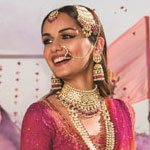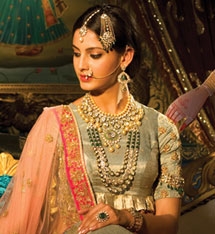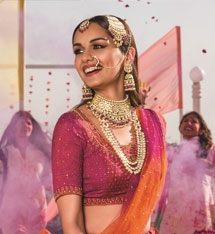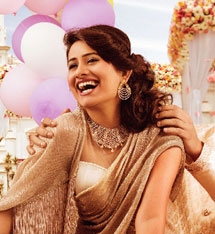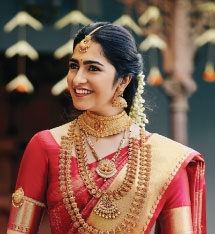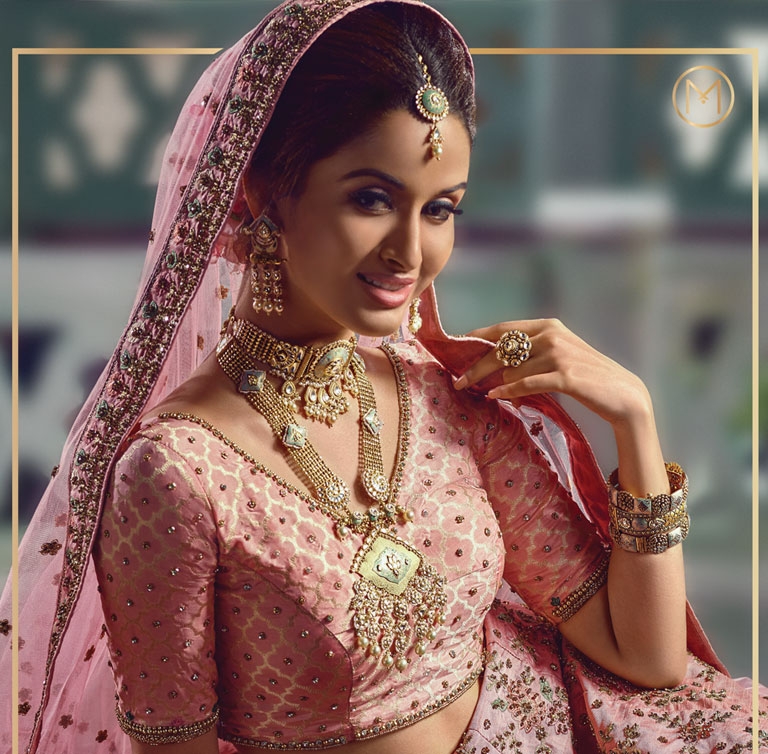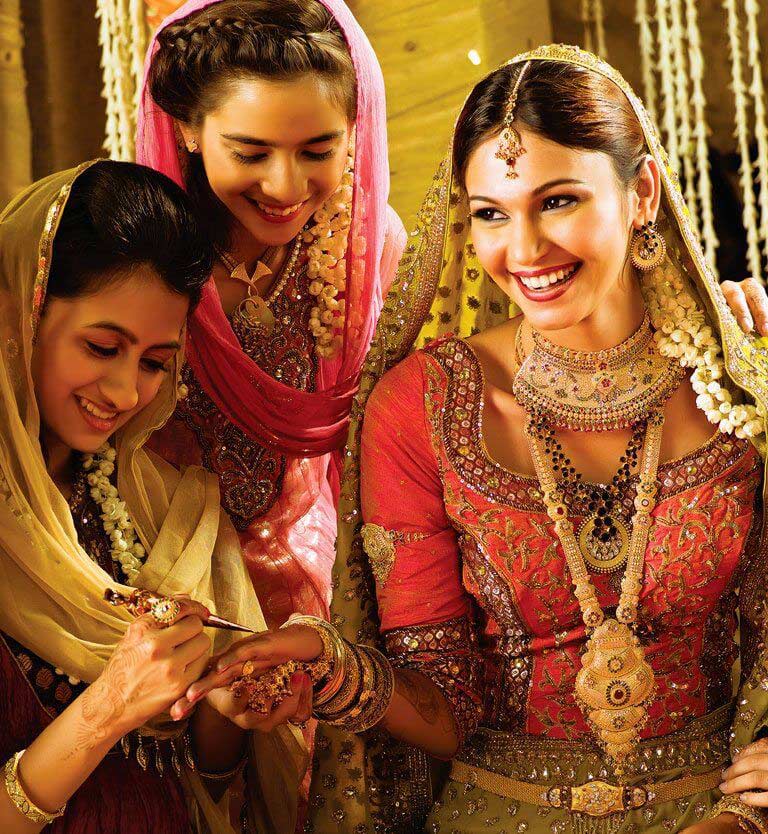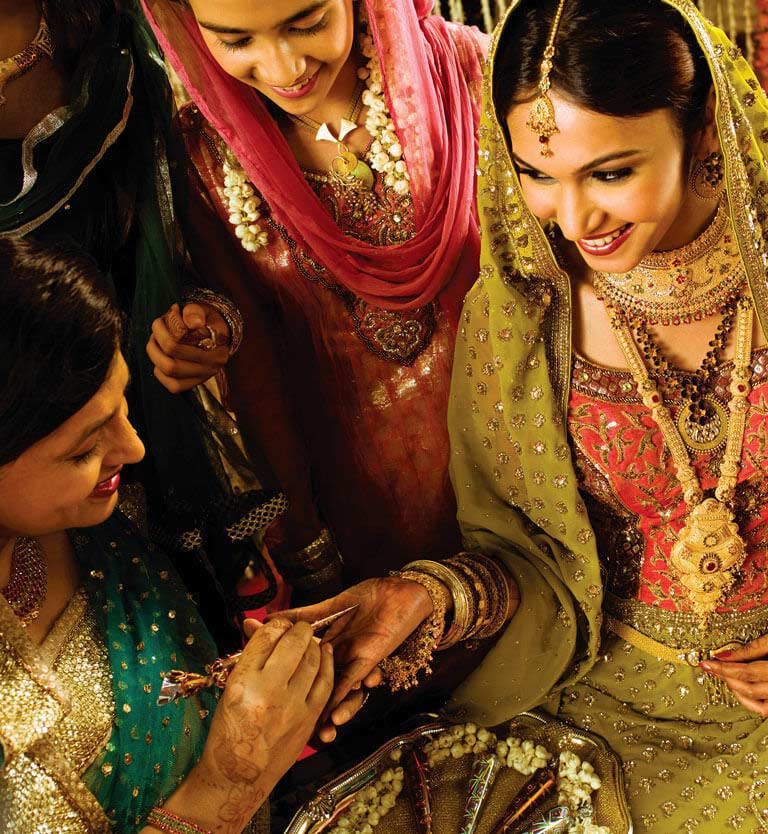-
Home2023 EditionEditionEditionCelebration brideCelebration BrideRoyal bride6Fashion brideFashion Bride

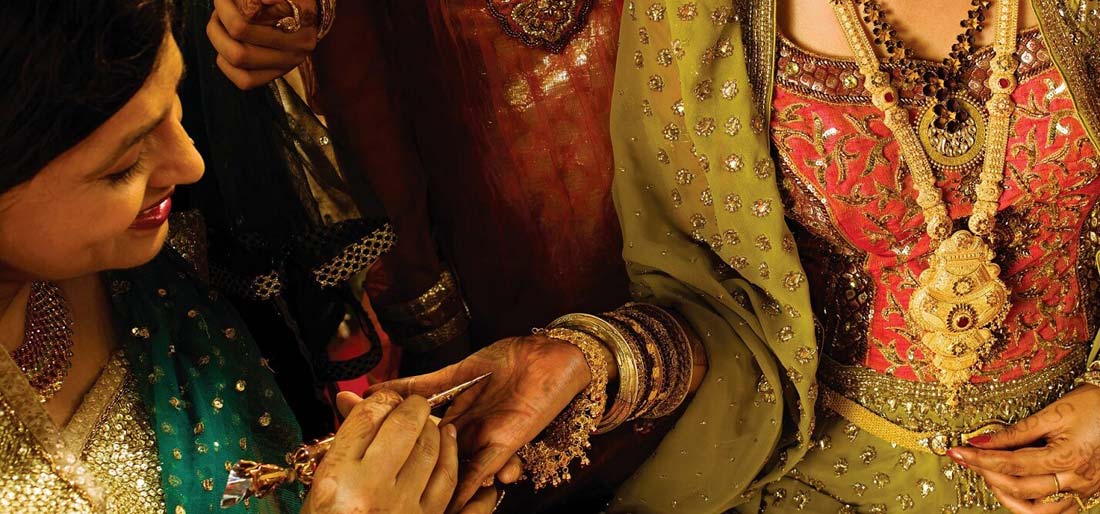
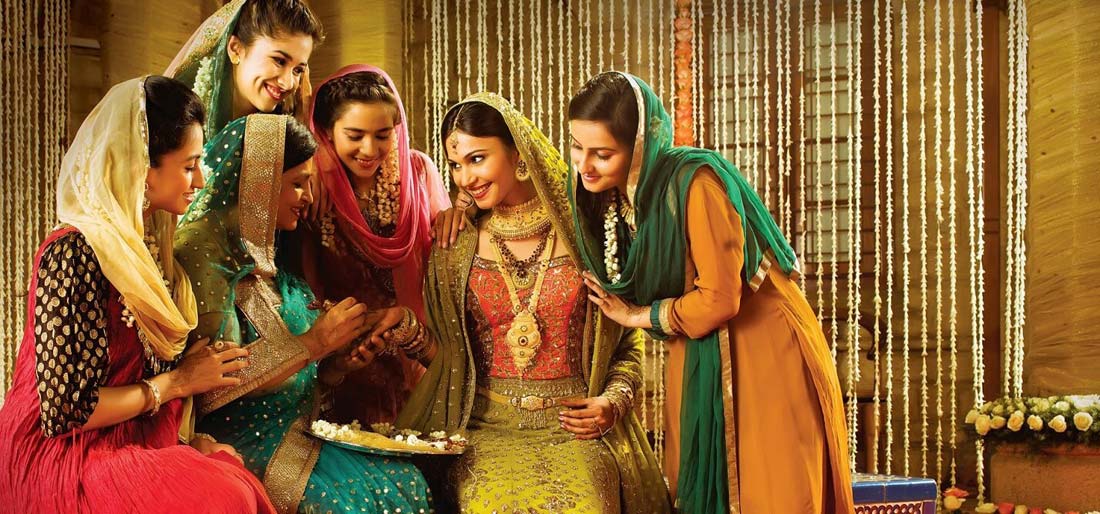
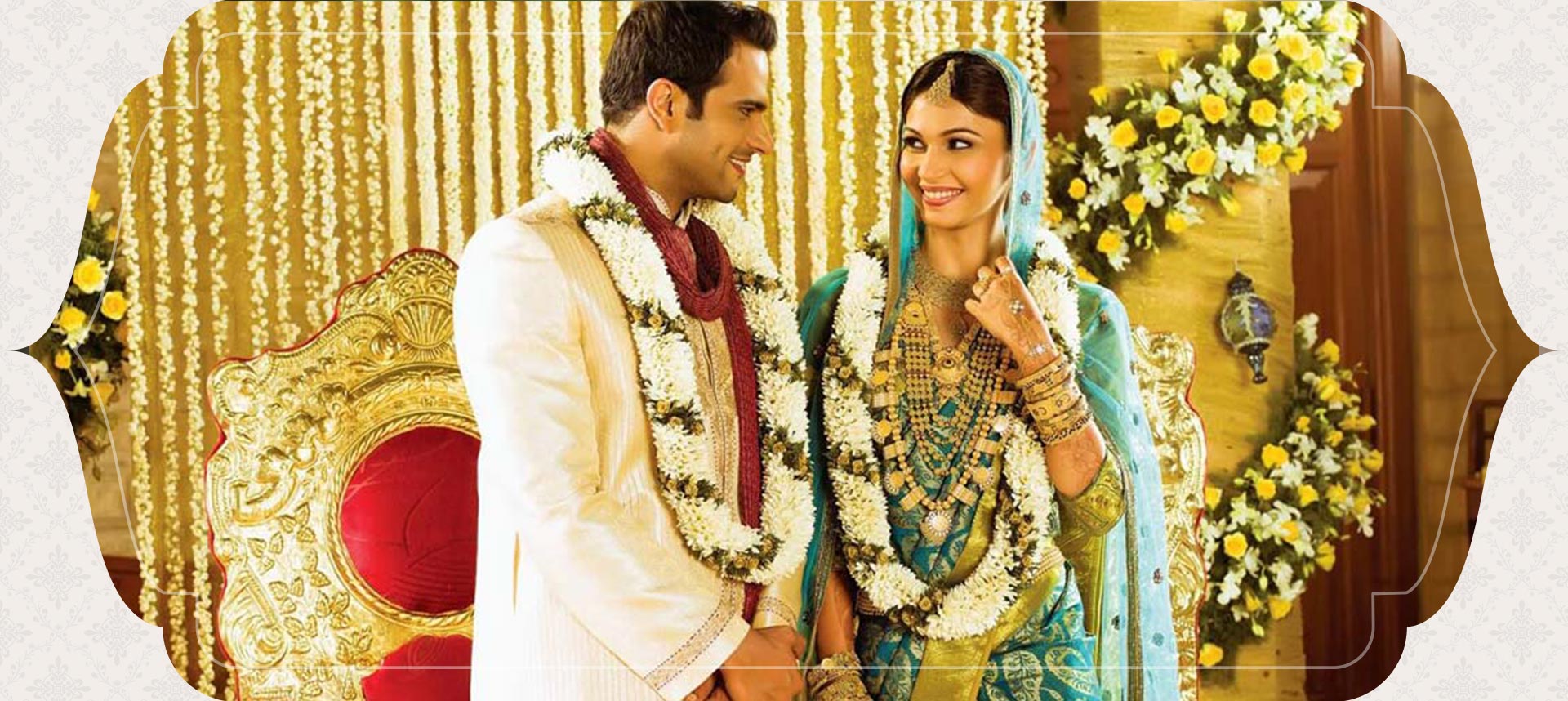
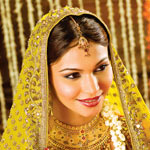
Kerala Muslim
- HOME
- South Indian Bride
- Kerala Muslim
BackTraditions
Kerala Muslim weddings – union of two people with Allah’s blessings Many people might not be aware of the fact that Kerala has a decent Muslim population. Almost 28-30% of the population in the state is that of Kerala Muslims. If historical facts are referred here, there are clear indications that Kerala had great trade relations with Arabia and other middle-east countries since a long time. Since then Kerala has been homes to many Muslims and they stay peacefully practicing their religion, customs and traditions in the state.
Kerala Muslim weddings are not very different from general Muslim weddings. Usually the main ritual is a simple one, but there are many pre-wedding and post-wedding ceremonies and rituals that are performed. Along with the customs and the rituals, the weddings are an extravagant affair with a lavish dinner spread out for the invited guests. In majority of the cases, two parties are thrown – one by the bride’s family and one by the groom’s family.
Pre wedding rituals in Kerala Muslim weddings There are many rituals that are integral part of pre-wedding cultures. They happen in the following order:
• Ishtikara – This is the first pre-wedding ritual that takes place. It is actually a kind of prayer to Allah seeking permission for holy matrimony, Nikkah, to take place. The Maulvi conducts the prayer. This function is usually held in a mosque in the presence of the bride and the groom’s father and other elderly relatives from both families. Selected verses from the Holy Quran are read out loud by the Maulvi and this is known as Ishtikara. It is on the same day and the same place that the wedding date is finalized with the mutual consent of the bride’s and groom’s father.
• Imam-Zamin – Imam-Zamin is like the ‘shagun’ ceremony in Hindu weddings. The main ambition of this ritual is to protect the would-be-couple from all kinds of evil forces or disasters. Usually there is loads of fun, frolic and entertainment in this function. On an auspicious day, the mother of the groom visits the bride’s home along with some senior members from her own family. She brings various kinds of gifts for the bride as well as for the family members of the bride. The most important thing that the groom’s mother brings with her is a silver or gold coin that is well wrapped inside a silk cloth. The cloth is then tied on the upper arm of the bride. The ceremony symbolizes that the groom’s mother is accepting the bride as her would be daughter in law.
Following Imam-Zamin, the date of Mangni is fixed. It is the official engagement date for the couple. Exchange of gifts between the two families is common on this day. In some families, there is also the tradition of ring exchange. Once the mangni is done, wedding preparations start in full form. The bride gets special treatments from her family and friends and is highly pampered. On the day of the mangni, the bride’s wedding attire – a well embellished and intricately designed lehenga, along with jewelry and other fineries are given to the bride by her would be mother-in-law. Fruits, dry fruits and other exotic edibles are also given.
• Mehndi Ceremony – This function takes place 2-3 days before the main wedding ceremony. This is a ritual conducted by the bride’s family and takes place at the bride’s house only. Singing and dancing are common in this function where women play dholaks and sing old traditional songs. As per the ritual, once mehndi ceremony is done, the bride cannot step out of her parent’s house before marriage. The ritual starts with application of turmeric paste on the bride’s body and face by her relatives, family members and friends. The turmeric makes the skin glow before wedding. After this, the mother of the bride puts a dot of mehndi on the palm of the bride. Then the mehndiwali takes over and creates intricate designs with the mehndi on the palms, hands and legs of the bride. Along with the bride, other women members also get mehndi done on their hands. The mehndi has combinations of clove oil, eucalyptus oil and lemon so that the color of the mehndi comes out to be dark. It is believed that darker the color of the mehndi, happier is the marital life of the couple.
Useful Links Scheme Payment(India only)
Make an Appointment Build your Custom Jewellery Smart Buy Offers New Arrivals Exclusive CollectionCustomer ServiceMalabar Gold & Diamonds
402, Valecha Chambers, Plot No. B-6,
New Link Road, Opp. Infinity Mall,
Andheri (W) ,
Mumbai - 400053. +91 22 62300916 care.in@malabargoldanddiamonds.com

